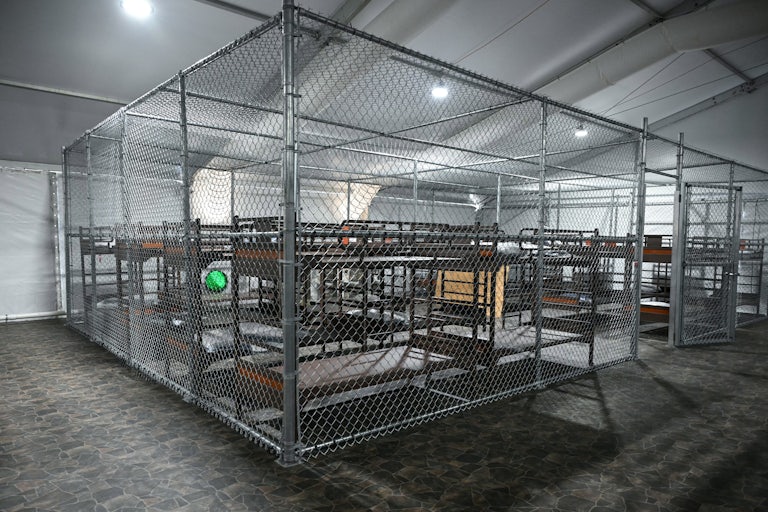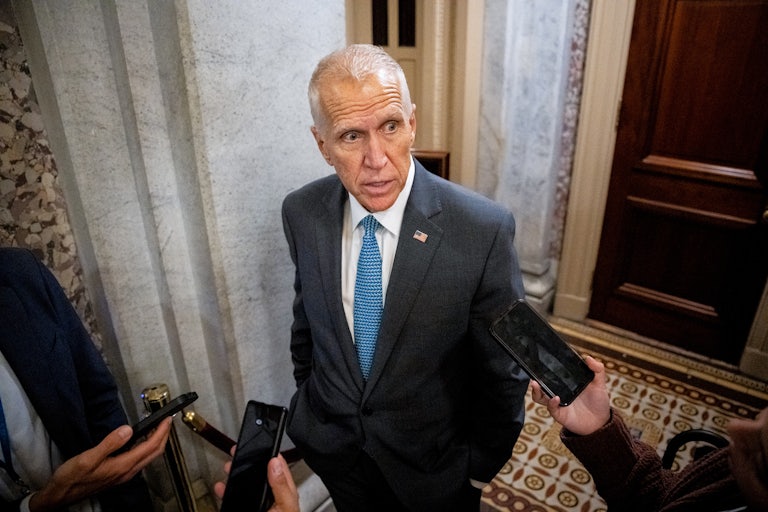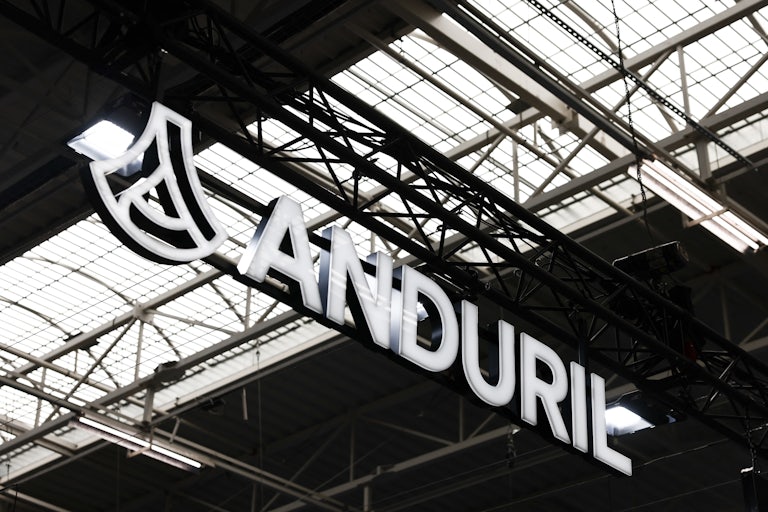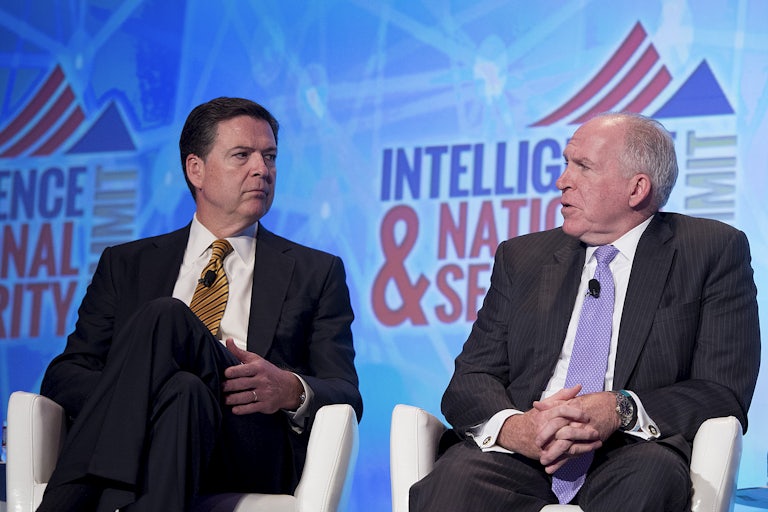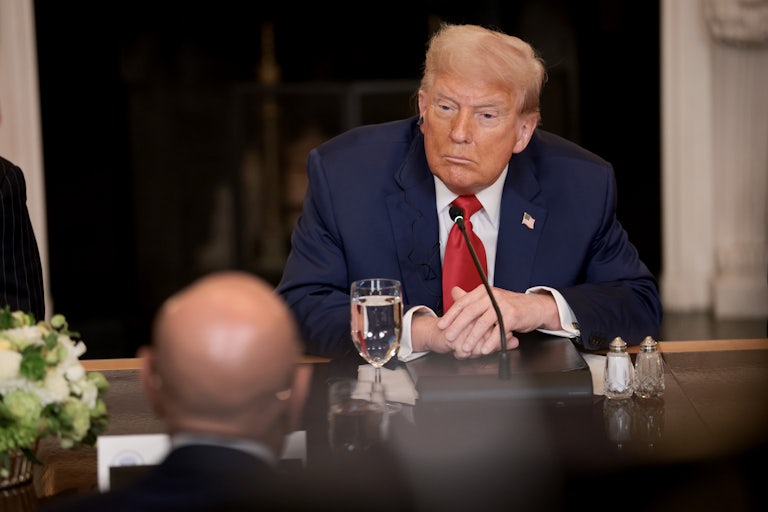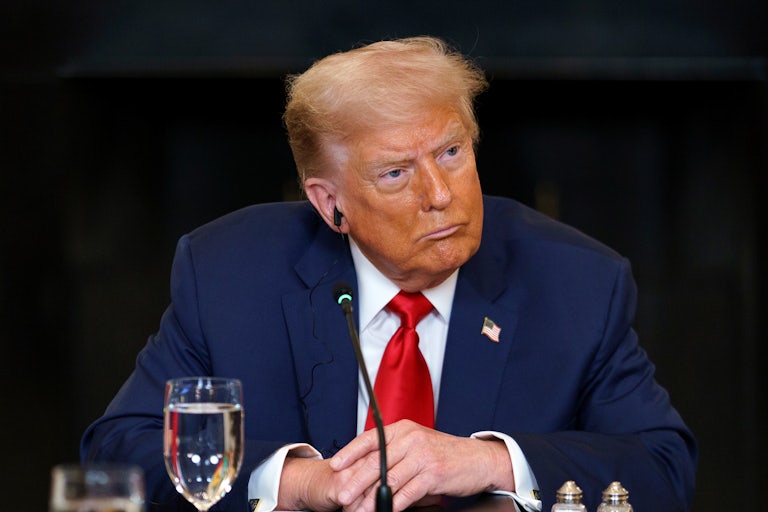Trump Imposes Pointlessly Disastrous Tariff on Copper
The U.S. currently does not have the capacity to produce enough copper to offset Donald Trump’s new tariff.
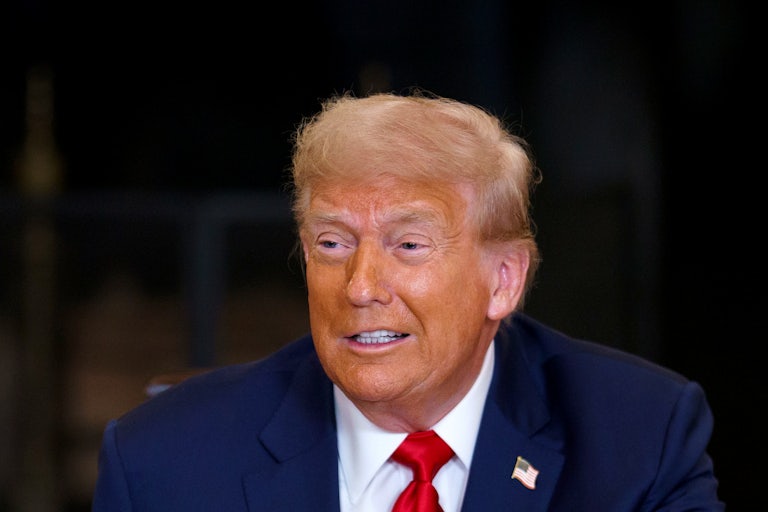
Donald Trump announced a 50 percent tariff on copper, a move that is sure to slow production and make prices skyrocket.
“Copper is necessary for Semiconductors, Aircraft, Ships, Ammunition, Data Centers, Lithium-ion Batteries, Radar Systems, Missile Defense Systems, and even, Hypersonic Weapons, of which we are building many,” Trump wrote in a post on Truth Social Tuesday night.
Trump said that the decision was the result of a “robust national security assessment” and indicated that the tariffs served to boost domestic manufacturing to make the United States competitive with China. “America will once again build a DOMINANT copper industry,” he wrote.
The U.S. currently produces just over half of the refined copper that it consumes, with two-thirds of that copper coming from Arizona, according to Reuters. The rest is imported, mostly from the Americas. Canada, Chile, and Peru accounted for more than 90 percent of refined copper imports last year.
China also gets the majority of its copper from Chile and Peru, as well as the Democratic Republic of Congo, where Beijing has made significant investments to expand its copper mining operation.
Carlos Miguel Gutierrez, who served as secretary of commerce under President George W. Bush, told CNBC that U.S. reliance on copper imports was a “vulnerability” but that the U.S. doesn’t have “the capacity right now to offset copper imports.” He said it would take the U.S. until at least 2027 or 2028 to build up the capacity to smelt enough copper for all of the country’s needs.
In the meantime, Trump’s tariffs will put a significant strain on domestic manufacturing by raising copper prices. Following Trump’s initial threat of a tariff on copper prices, the price spiked 13 percent, its highest one-day gain since 1989. By August, American consumers may end up paying as much as $15,000 per metric ton for copper, while the rest of the world pays only $10,000, according to an estimate from Benchmark Mineral Intelligence.


